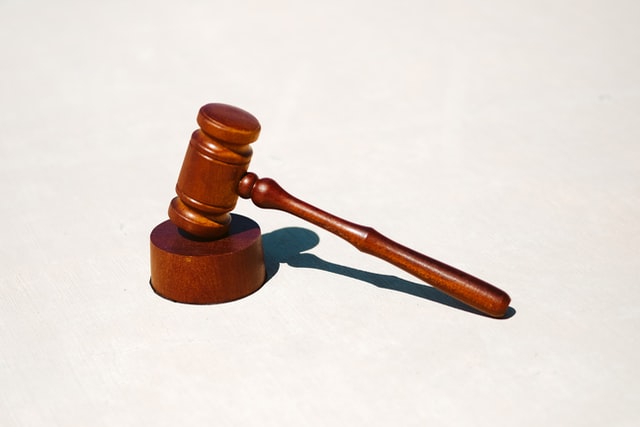Plaintiffs of personal injury cases have the right to seek financial compensation from the other party. Generally, in these situations, the other party is referred to as the person or entity that is responsible for the injury.
 In legal terms, the compensation is known as “damages.”
In legal terms, the compensation is known as “damages.”
The compensation has further categories that determine the types of claims the plaintiff will get. These damages are available for nearly all personal injury cases, i.e., car accidents, slip and fall, wrongful death, medical malpractices, and more.
Having said that, let’s learn about the types of compensations or damages:
General Compensatory Damages
General damages include non-monetary damages that one may have experienced due to the accident. All the personal injury victims can avail of general compensatory damages as the harms addressed in this category is obvious. It includes:
- Mental anguish
- Pain and suffering
- Loss of companionship or consortium.
It is essential that the injured party consult their attorney or solicitor to formulate the general damage claim.
Special Compensatory Damages
This category includes all the monetary expenses that one incurs due to an accident. According to the injury’s severity level, these damages vary from person to person. This type of compensation covers the following damages:
- Loss of earning (current as well as future)
- Medical expenses
- Continued medical care
- Household expenses (especially if you are a sole earner)
- Cost related to altered plans or canceled trips.
It is also noteworthy that the plaintiff is also eligible for making a No Win No Fee injury compensation claim. It means the injured party need not worry about paying legal fees or bearing any financial risks until the claim’s success. It comes in handy if the plaintiff loses the claim for any specific reason. It allows the parties involved in the accident to seek legal aid without having to worry about the monetary fees.
Wrongful Death Damages
As the name suggests, wrongful death claims are made by the family or loved ones of the deceased. We understand that no amount of money can compensate for the value of a loved one, yet it can help deal with the sudden financial burden on the family. It includes:
- Cost of pre-death medical care
- Funeral and burial expenses
- Loss of financial contribution
- The emotional distress of surviving family member
- Loss of companionship, and
- Loss of support and services.
Punitive Damages
Unlike the damages mentioned above, punitive damages are compensated only when the wrongful act of the other party was reprehensible or despicable. The most common example of these damages is when the defendant is found guilty of a fraudulent act. The act here can vary in nature and includes financial harm, aggravated battery, or sexual assault.
In a few cases involving high-profile injuries like the involvement of a defective product or health risk due to prescription drugs, the jury may provide damages to the plaintiff against the product manufacturers or organizations.
A Word From Verywell
An accident, regardless of severity level or type of accident, can impact the life of the injured. So, the plaintiff must take appropriate action with the help of a solicitor to get their rightful compensation.
Related Posts:
- A Quick Guide to Making a Personal Injury Compensation Claim
- How much are attorney fees for personal injury?
- 4 Types of Cases Personal Injury Lawyers Can Help You With
- How To Choose The Right Attorney After Getting Injured
- Significant Qualities to Look for in a Personal Injury Attorney
- 4 Essential Factors to Consider While Searching a Personal Injury Lawyer
- The All-Important Guide to Personal Injury Attorney
- Is it possible to claim personal injury compensation for my child?
- What are the benefits of hiring a car accident lawyer?
- 5 Ways a Car Accident Lawyer Can Help You Get Higher Compensation
- Questions to Ask When Meeting a Lawyer